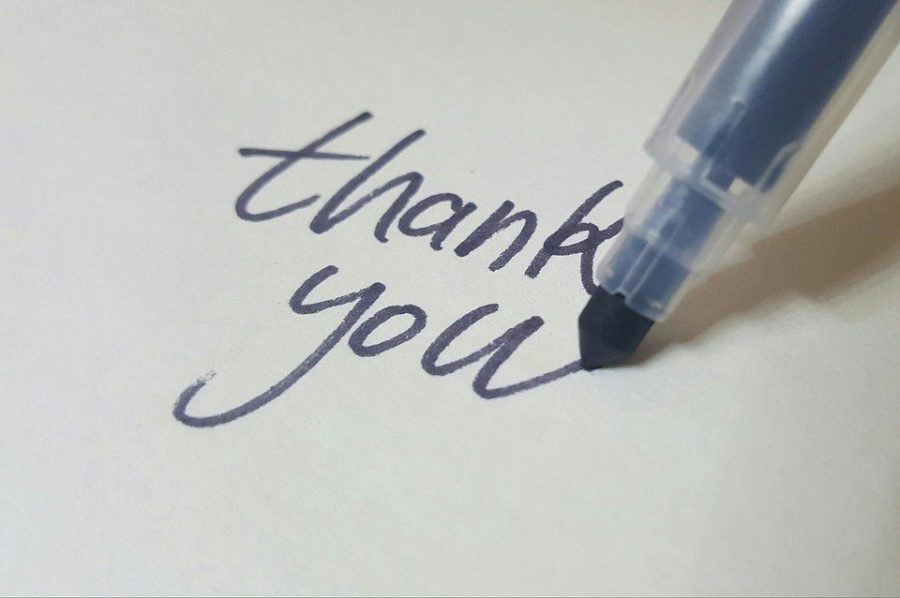As we are all coming back from the Thanksgiving break, the next couple of weeks are going to be stressful for all of us due to finals. Thanksgiving this year was probably different than the previous years, however, sitting at the dinner table with the loved ones, talking about past thanksgiving dinner mishaps, certainly feels special. Also, after eating the dorm food in the bedroom for months, having dinner with the family and saying “thank you” to everyone we love certainly adds some extra flavor to it. But is that all? Let us understand the science of gratitude and how a simple ‘thank you’ can help us have a happier life.
Conceptualizing the meaning of gratitude can be slightly difficult for most of us. Researchers have developed certain frameworks for better understanding, however, the one I like the most is by Robert Emmons and Michael McCullough who defined gratitude as “recognizing that one has obtained a positive outcome.” The positive outcome could be something like getting an A in a difficult course, or something as simple as a worriless afternoon of sunbathing at the beach. I understand, both the things may seem impossible at times, especially here at Tech, in Houghton. Well, snow is not that bad either. Enjoying bonfire and barbeque with friends, building a snowman and decorating the Christmas tree or just enjoying a hot cup of cocoa sitting in front of the bedroom window curled up with a book and watching the snowfall has its own kind of flavors.
It is those small things in life. It is just about saying thank you and meaning it. Being thankful about everything in life. Thankful for this beautiful planet and being here as a human being. Thankful to that stranger who held the door open, or that one high school friend whom you know you can call anytime.
According to researchers, “gratitude may be associated with many benefits for individuals, including better physical and psychological health, increased happiness and life satisfaction, decreased materialism, and more.” And this can be achieved by simply keeping a gratitude journal or writing a letter of thank you. A study showed improved mental health among participants when they hand-delivered thank you letters or in some cases read them to the person they are saying thank you to. Not just in personal life, in general, gratitude can be a social glue. Even in the workplace or school settings, studies have found that if a student is thanked for helping another student in an assignment, they were more inclined to help that student again in the future. Similarly, another study found a series of conversations expressing gratitude helped in improving the personal well-being of the individuals along with the mutual relationship at the workplace.
As we head towards the end of the semester, Christmas and then FINALLY the end of this year, it is important to look back at this crazy, horrible year. Everyone has been through a lot and we hope the next year will only be sunshine and rainbows. But as we look back and think, we should cherish our experiences, and remember that it is important to say thank you to all those individuals who stood by our side in our times of need. If not for them, then for us. Just for a selfish reason.





